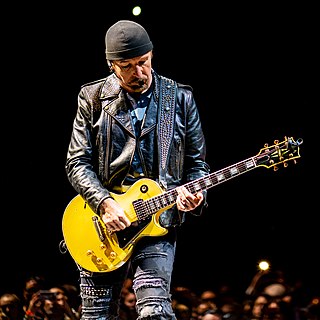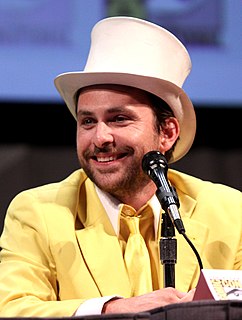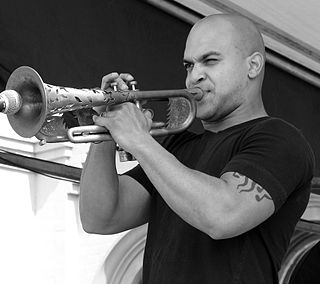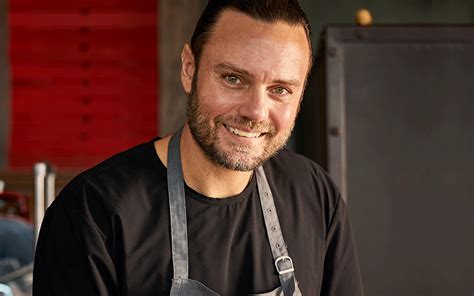A Quote by Luke James
New Orleans is gumbo. You get so man types of things... jazz, folk, Zydeco.
Related Quotes
There's a plethora of genres that I've been introduced to, but that's only because of the foundation that was laid growing up in New Orleans. I know it's a cliche thing to say, but it's very gumbo-like. You get that here. You can mix well with all different walks of life. That's what New Orleans is. It's like no other place.
New Orleans had a great tradition of celebration. Opera, military marching bands, folk music, the blues, different types of church music, ragtime, echoes of traditional African drumming, and all of the dance styles that went with this music could be heard and seen throughout the city. When all of these kinds of music blended into one, jazz was born.
My wife is from Laurel, Mississippi, and she has a lot of relatives down in Louisiana, Baton Rouge, and Shreveport, Louisiana. We go down there a lot. We got married in New Orleans. She has a cousin who introduced me to swamp pop, which is sort of zydeco/Cajun music with a little uptempo pop swing. Now I'm a big zydeco fan, I'm a big swamp-music fan.
I remember the first time I was booked into a jazz club. I was scared to death. I'm not a jazz artist. So I got to the club and spotted this big poster saying, 'Richie Havens, folk jazz artist.' Then I'd go to a rock club and I'm billed as a 'folk rock performer' and in the blues clubs I'd be a 'folk blues entertainer.'
I love jazz. So to me, there are two main types of jazz. There's dancing jazz, and then there's listening jazz. Listening jazz is like Thelonius Monk or John Coltrane, where it's a listening experience. So that's what I like; I like to make stuff that you listen to. It's not really meant to get you up; it's meant to get your mind focused. That's why you sit and listen to jazz. You dance to big band or whatever, but for the most part, you sit and listen to jazz. I think it comes from that aesthetic, trying to take that jazz listening experience and put it on hip-hop.
Bill Monroe spoke of bringing 'ancient tones' into his music with echoes of British and Irish fiddle and bagpipe music, while also delving deeply into American blues, gospel, folk hymnody, and hill country dance music. To that gumbo, he added the invigorating rhythms and harmonies of hot jazz. It was a new kind of American music, named in honor of his band The Blue Grass Boys to be known, simply, as bluegrass.
































